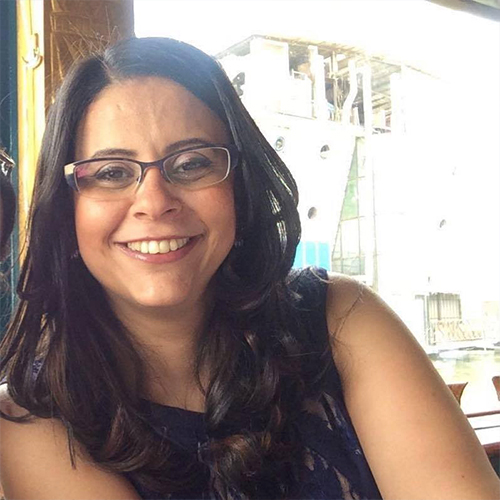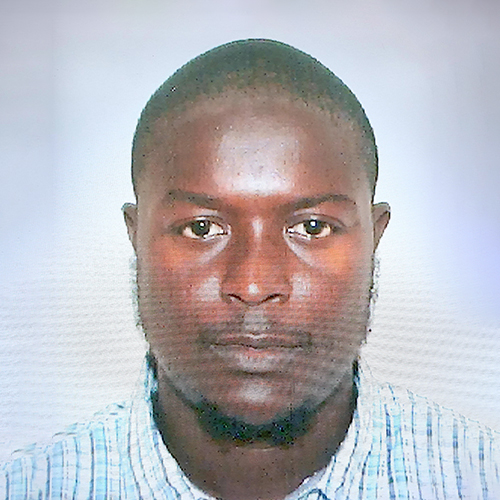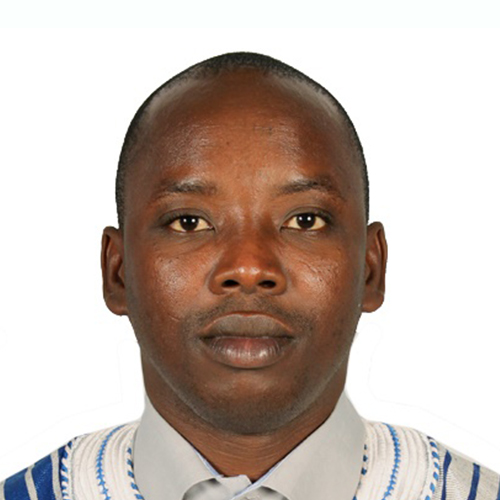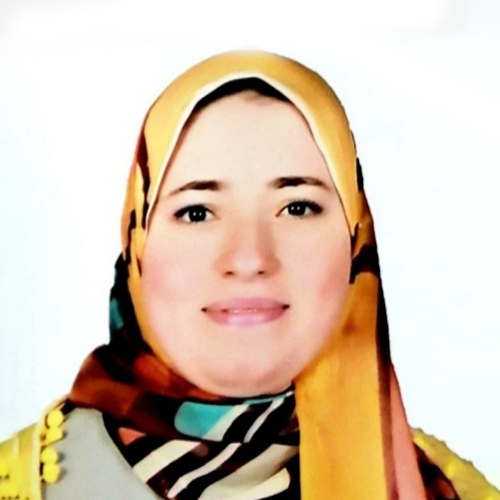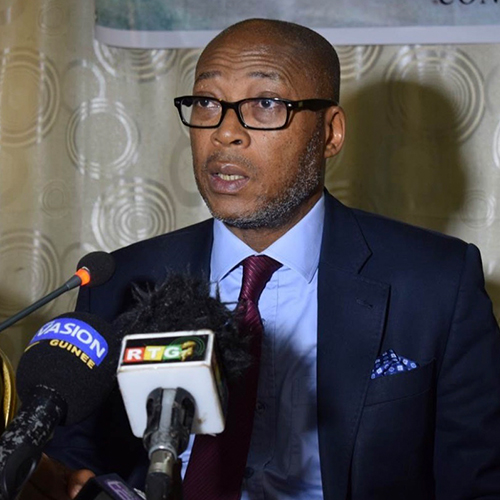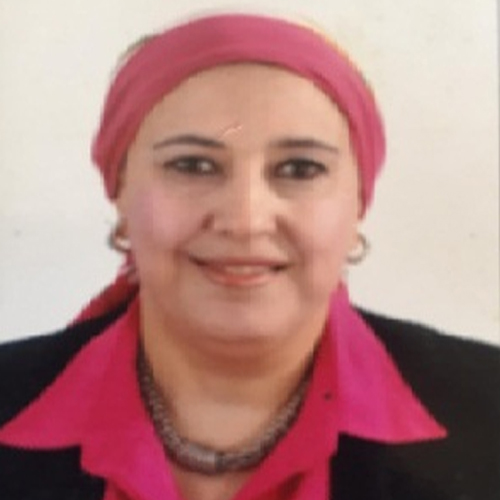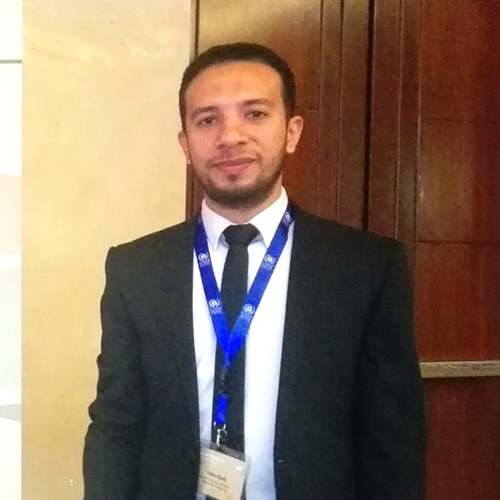
WGEO EXECUTIVE TRAINING COURSE ON SCALING UP TRANSITION TO A GREEN ECONOMY ON A PATH TOWARDS IMPLEMENTING THE UNITED NATIONS 2030 SUSTAINABLE DEVELOPMENT AGENDA
The course aims to equip the participants with the sound understanding of the key principles, dimensions, and trends in the process of transition to a green economy at national, regional and global levels, as well as provides the tools and methods for proactive green action in the context of the implementation of the 2030 Agenda.
BACKGROUND
A clear priority for many developed and developing economies is the need for innovation, productivity, and secure jobs. While different stakeholders might have varying needs, there is an overall need for higher productivity and efficiency, stronger resilience and innovation.
Green economy offers vast opportunities in eradicating poverty as well as sustaining economic growth, which is of particular concern for the countries in the Global South, as well as enhancing social inclusion, improving human welfare, creating opportunities for employment and decent work for all, while maintaining the healthy functioning of the Earth’s ecosystems.
On the other hand, failure to take a timely action in walking away from unsustainable economic practices threatens to potentially lead to environmental degradation that can have serious negative implications on future human health and welfare, and our entire ecosystem. A number of environmental systems are being pushed beyond sustainable limits through, for example, loss of biodiversity, nitrogen and phosphorus cycles, land use change, and climate change.
While many governments have set ambitious national targets for the transition to a green economy in implementing the 2030 Sustainable Development Agenda, and while the global investment in green initiatives is growing day by day, countries still face a wide range of obstacles to the critical mass deployment needed to reach economic and environmental targets. The most common barriers include:
The above-mentioned obstacles are often rooted in the lack of knowledge and experience with the green economy principles and tools. Many of these obstacles can be significantly reduced or eliminated by targeted capacity development measures. The purpose of the offered Executive Training Course on Green Economy is to contribute to the foundational work for a new green economy infrastructure.
OBJECTIVES
Upon successful completion of the Executive Training Course on Green Economy, participants will:
COURSE METHODOLOGY
The highly interactive course relies heavily on executive case studies. Participants will find themselves applying strategic analysis, ground-breaking decision making and analytical thinking throughout the six modules of the training course. Participants will share practices and explore ways to enhance political, economic, social and technical collaboration in the field of green economy and to mobilize relevant partnerships.
TARGET AUDIENCE
The Executive Training Course on Green Economy is targeted at executives and decision makers representing national government institutions, international organizations, private sector, as well as civil society organizations, including mass media. The course is designed to provide executives and decision makers with an opportunity to re-acquaint or familiarize themselves with core principles, dimensions, trends, tools, and methodologies in scaling up the transition to a green economy model.
